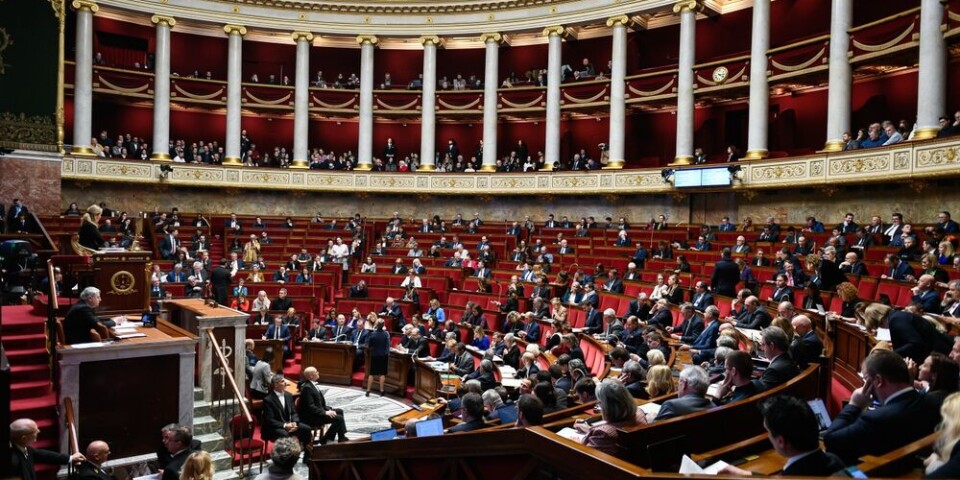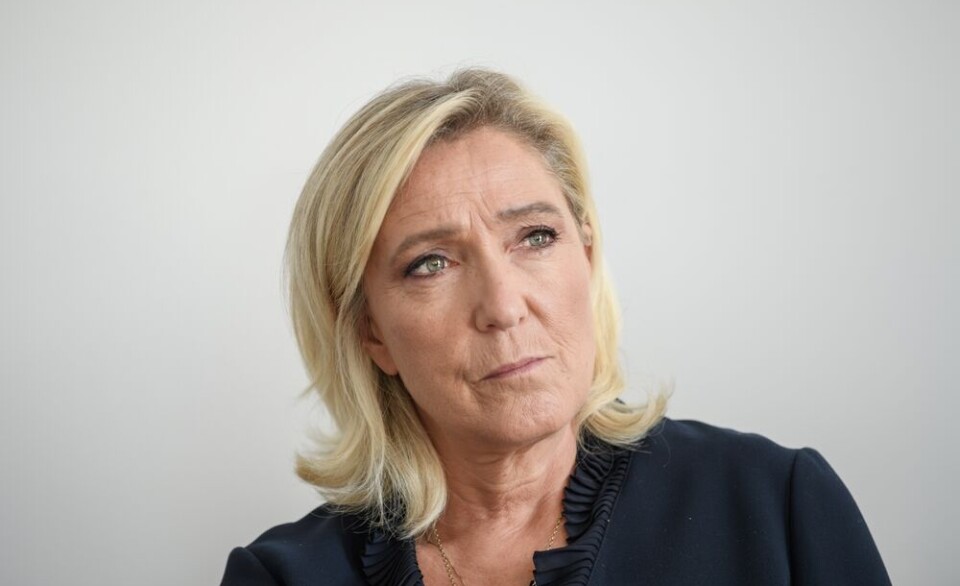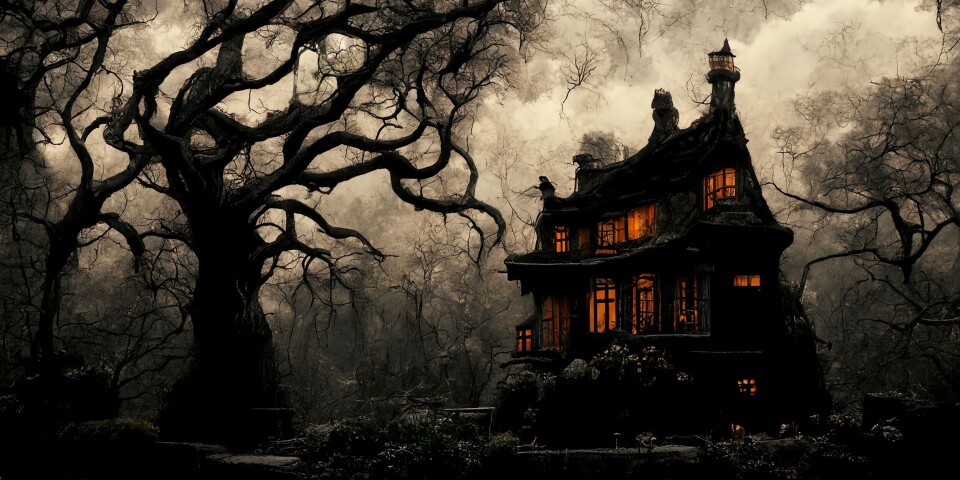-
Village gives free rat poison to residents to tackle infestation in southern France
Rodent populations along banks of Lot river have exploded
-
French weekly weather forecast November 3 - 7: midweek temperature spike
Rain is then due at the end of week
-
MPs vote to replace France鈥檚 property wealth tax with 鈥榰nproductive wealth鈥� levy
France鈥檚 proposed 鈥榰nproductive wealth鈥� tax - part of ongoing 2026 budget talks - would cover assets such as art, jewellery and some assurance vie policies
Birth rate drop hints at 鈥榩roblematic mindset change鈥�
The birth rate in France has dropped significantly and is likely to stay low for the foreseeable future due to 鈥渁 problematic change in mindset鈥� that is not good for the nation, an expert has said.

Figures published this week by show that France鈥檚 birth rate is down to just 1.92 children per woman. This puts it below the 2.1 children threshold experts say is needed to replace each generation and continue healthy population renewal.
The drop comes after the high of 2010, which saw the highest birth rate in the country since the 1970s.
France still has the highest birth rate in the European Union, but one expert is concerned that the recent downward trend is set to continue for years to come.
Speaking to - a geographer and member of think tank the European Centre for International Affairs - called the drop 鈥減roblematic, because it unbalances the [demographic model] age pyramid, and, for a nation, that is never very good鈥�.
He attributed the drop to 鈥渁 change in mindset鈥� among young people, especially women under 30.
He said: 鈥淭his is likely to continue to decline as a result of the downward trend among young women. If they have fewer children before age 30, they are likely to have fewer children after age 30 [and] there is a good chance that this trend will continue in the coming years.鈥�
The change is not only socioeconomic, Mr Chalard said, pointing out that while the birth rate in the USA dropped significantly after the 2008 economic crisis, France and Europe did not see similar demographic change.
Shifting mindsets may also relate to a change in national perception about having children, he said.
Historically, fertility and large families were seen as a positive thing in France. This is in contrast to countries such as Germany, for example, whose Nazi past has meant large families have had a negative association in more recent decades (the Nazis encouraged 鈥淎ryan鈥� families to breed more), Mr Chalard said.
Yet, modern trends suggest young people in France may no longer see big families as positive.
鈥淎 drop in birth rate and fertility means a drop in births,鈥� confirmed Mr Chalard. 鈥淭his means fewer people in the future to finance retirement plans, and fewer people in the workplace. For a nation state, that is never a good thing.鈥�
The that birth rate is up across the European Union overall - with 5.148 million babies born in 2016 compared to 5.103 million in 2015.
Yet, Spain and Italy had even lower birth rates than France; at 1.34 children per woman. Women across the EU were aged 29 on average when having their first child, with the youngest average first-time mothers in Bulgaria (26 years), and the oldest in Italy (at 31 years).
Stay informed:
Sign up to our free weekly e-newsletter
Subscribe to access all our online articles and receive our printed monthly newspaper The Connexion at your home. News analysis, features and practical help for English-speakers in France























